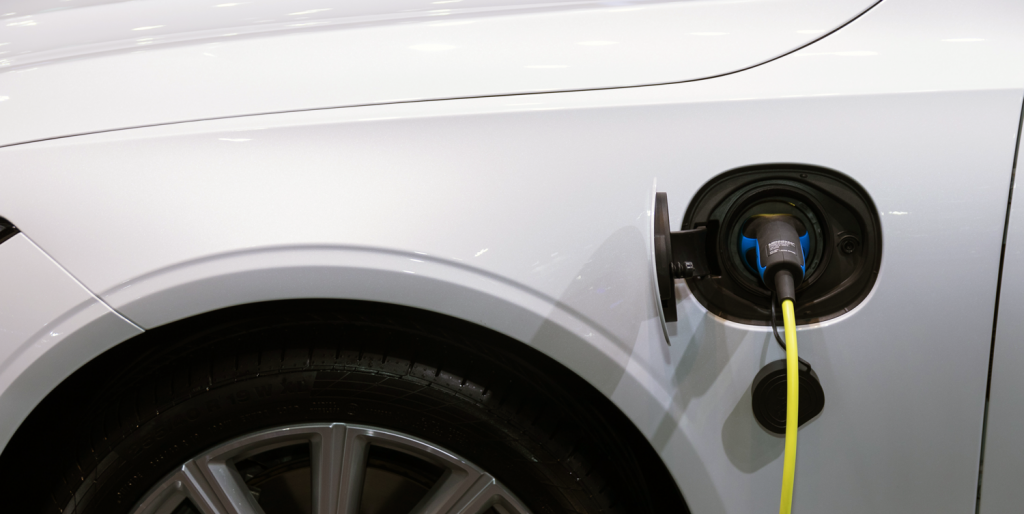The development of electric vehicles and hybrid electric vehicles, collectively known as “EVs,” has become a multi-billion dollar industry. It is no wonder vehicle testing and instrumentation companies are working hard to quickly adapt to the new changes and requirements for EV testing. Most of the largest vehicle manufacturers throughout the world have committed to the design and manufacturing of reliable EVs in hopes of reducing the global carbon footprint and to help curb the impact of global warming.
Developing these vehicles presents new challenges from traditional IC vehicle testing. Customers are demanding increased reliability and range on a single charge, while still maintaining the comfort and familiarity of IC rides. In order to achieve customer demands, manufacturers must put their EVs through a variety of tests, requiring reliable precision instrumentation. Michigan Scientific’s (MSC) Wireless Sensor Telemetry Systems are ideal for providing non-contacting signal transmission in harsh conditions, including EV motors and powertrains. The presence of other electrical waves makes shielding any wireless telemetry from unwanted noise difficult, but MSC has developed methods of instrumenting EVs to reduce the effects of potential noise presence, so that customers still get the reliability for which MSC telemetry is trusted and known.
Efficiency Measurements
With decades of wireless telemetry instrumentation experience, MSC has worked on many different types of applications within EV testing. MSC’s Induction Powered Flexplate Telemetry Torque Measurement System directly replaces the existing flexplate or flywheel in an EV, specifically hybrid electric vehicles, and is used to gather critical information on engine components, such as the transmission. MSC has used wireless telemetry systems to bring torque measurement data off of instrumented gearbox input and output shafts. This data is essential in determining the efficiency of any motor or drivetrain. Other efficiency measurements along the powertrain include measuring damper input and output torque using telemetry to transmit strain gauge signals.
Temperature Measurements
As expected, EV motors pose different speed and temperature challenges during design. MSC Wireless Telemetry Systems can be used for transmitting thermocouple signals for component analysis, especially in hard-to-reach areas within the motor or powertrain, including transmissions and compressors.
Wheel Force Transducer Testing
In addition to custom instrumentation applications, MSC has become a global leader for the design and manufacturing reliable telemetry-based Wheel Force Transducers (WFT). The main applications for WFTs include durability testing, vehicle dynamics, NVH tests, brake development tests, traction tests, and stability tests. They can also be used to determine full-life durability responses on a simulation rig within a matter of weeks. This is all crucial for both IC vehicles and EVs. The transducer outputs all wheel force and moment signals using wireless induction telemetry.
Michigan Scientific has decades of experience in the design and manufacturing of reliable wireless telemetry systems. With the increase in demand for electric vehicles, MSC Telemetry Systems continue to be trusted equipment for EV instrumentation and testing. Please contact a Michigan Scientific representative to begin discussing your EV testing or telemetry application.
